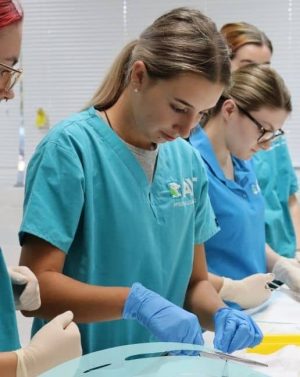Mandatory Vaccination in WA
We encourage our students to get the COVID-19 vaccination as the best way to protect themselves, their loved ones and their communities from the virus.
We follow Commonwealth and State Government advice and requirements in relation to vaccinations.
The safe workplace policy currently in effect at our premises requires that all on-campus staff and students at AVT be fully vaccinated including boosters, against COVID-19.
To attend classes on-campus (including those held at the RSPCA, Cat Haven and Greyhounds as Pets) or blended courses, students will need to have received and showed evidence of their first dose of the COVID-19 vaccine by 31st December 2021 and be double vaccinated by 31st January 2022. In line with mandatory vaccination directions, all staff and on-campus students must also receive and show evidence of their third vaccination booster as per the dates outlined by the State Government: Mandatory Vaccination FAQ’s.
Yes, The Government Roadmap specifies that students will need to be fully vaccinated, to attend classes at our campus.
Yes, students will need to be fully vaccinated to attend classes at these locations.
All WA students participating in a work placement in a Veterinary Hospital or Clinic will need to be fully vaccinated to attend placement.
For other WA placements in other organisations (e.g. Pet shops, Day-care centres, boarding facilities, wildlife rehabilitation centres, etc) where students are required to participate in practical training as part of their course requirements, the WA Government or organisation may require you to be vaccinated against COVID-19.
Students will need to comply with such requirements in order to undertake the placement. You should discuss this with your supervisor or employer.
Given vaccinations are a state government mandate, we are now legally responsible to comply with this mandate and can be heavily fined if we are not compliant. There are also penalties for individuals who do not comply. For this reason, you will need to prove that you are fully vaccinated before attending campus.
No, however, we will be requesting a digital copy of your COVID-19 Vaccination Certificate at the deadline dates or via our application forms if you are a new student.
For further information regarding obtaining proof of COVID-19 vaccinations, access the following link: COVID-19 Vaccination Proof
COVID-19 vaccinations are available at a variety of locations across Western Australia, including state-run clinics, GPs and pharmacies. The easiest way to find your nearest vaccination location and make an appointment is to book online at Roll Up for WA website.
Yes, if you have been granted a medical exemption from an authorised health professional, you may attend campus.
Exemptions on medical grounds must be obtained from the Australian Immunisation Register using their IM011 form. This must be completed by your GP or specialist medical practitioner and submitted to the Australian Immunisation Register for assessment. Where an exemption is provided by them, this must be provided to us as proof of exemption.
More information regarding medical exemptions can be accessed with the following link: Immunisation medical exemptions.
AVT have followed the government’s guidelines and health orders.


